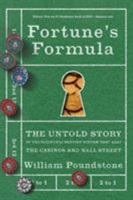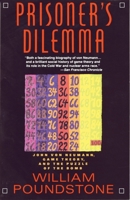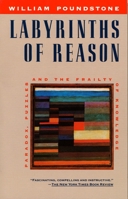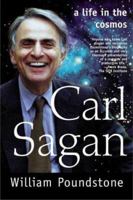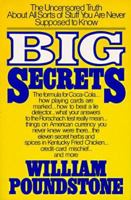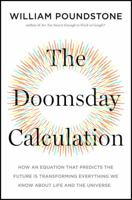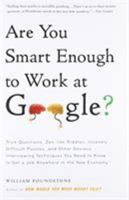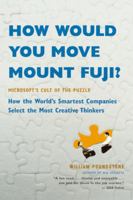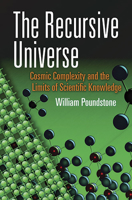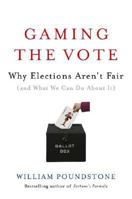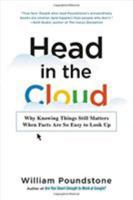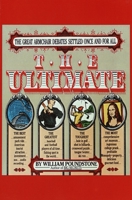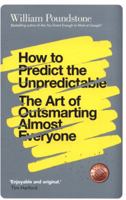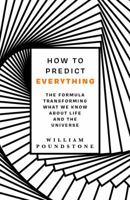Block Magic, Too!: Over 50 New Blocks from Squares and Rectangles
Select Format
Select Condition 
You Might Also Enjoy
Book Overview
Customer Reviews
Rated 5 starsUsing Block Majic Too
I have used both of the Block Magic books on several row quilts. The directions are clear and you can choose the block size you want from 4" through 12". The quilt layouts she suggests make lovely gifts or a wall hanging for yourself. Enjoy
0Report
Rated 5 starsExcellent book
This book gives you so many options, good instructions, well worth the money.
0Report
Rated 5 starsBlock Magic, Too
directions are easy to follow. Makes interesting shapes and especially good for children's projects.
0Report
Rated 5 starsMore wonderfully fun blocks!
I decided to purchase this book since I liked the first Block Magic. I thought it may be too much of a duplication to the first, so I planned to give this book to my sister. Well, I just ordered another book to keep. The blocks are different and I am very pleased with color choices in the pictures. I have a hard time selecting colors for quilts and then putting the blocks into a pleasing quilt presentation. This book has...
0Report
Rated 5 starsFabulous!
I've had this book for 4 days and I cannot put it down! I absolutely love all of the new patterns. If you liked Blocked Magic, you will LOVE Block Magic Too! Some of the patterns include, Uncle Sam, tug boat, fish, moose, wheelbarrow, dog, flowers, present, houses, a flag, rag doll, hearts, lots of fruit, basket, rocket, shooting star, Santa, Christmas stockings, ice skate, and more. This book is the ideal compliment for...
0Report

































